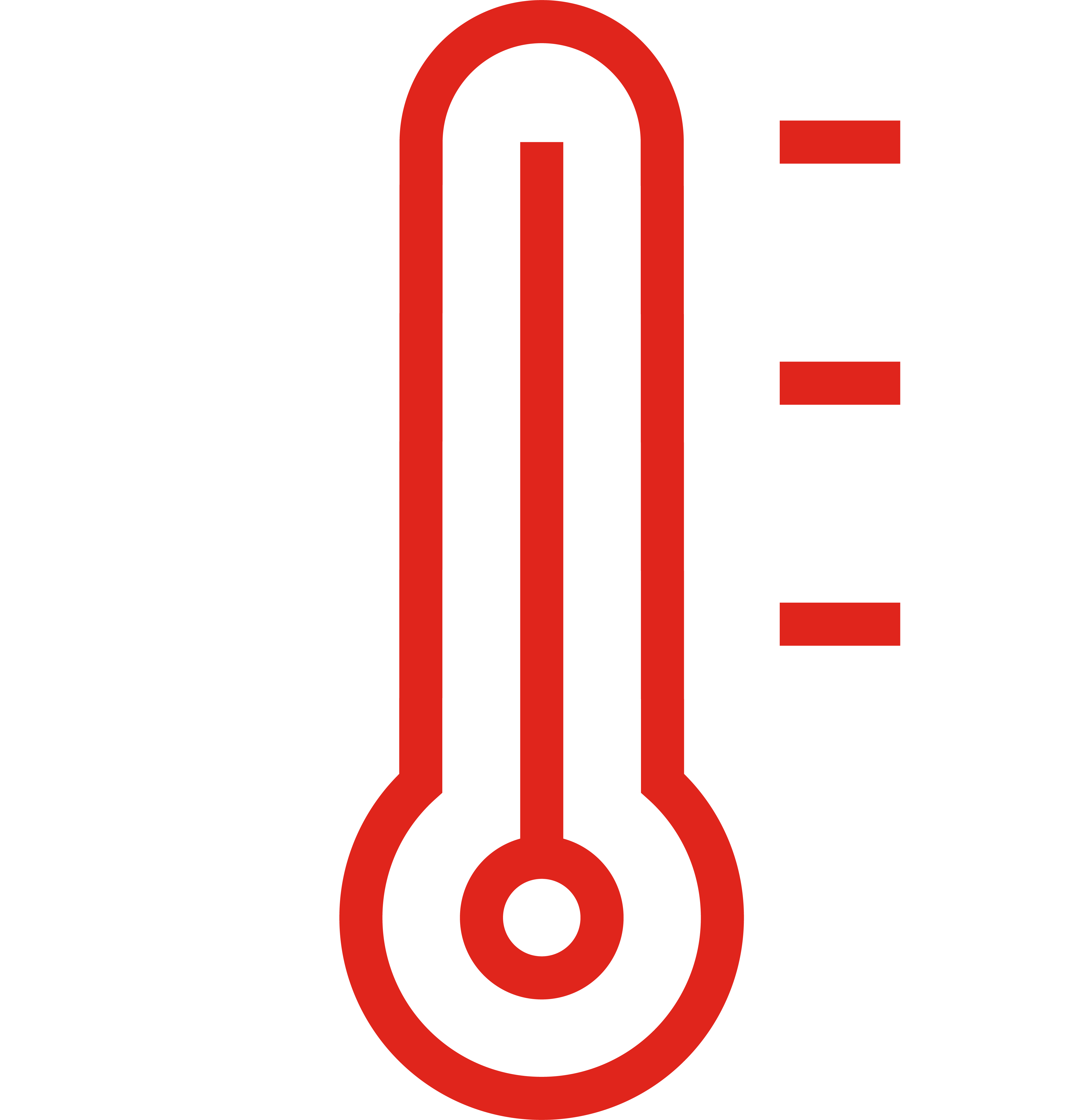The power of PIR insulation
Insulation is the most practical and cost-effective way to make a building more energy efficient, keeping it cooler in summer and warmer in winter and providing substantial savings in heating and cooling costs. It also contributes to reducing noise levels.
Polyisocyanurate (PIR) insulation boards are rigid insulation panels consisting of a closed-cell foam core laminated on both sides to a facer. Of the many different insulation products available in the market, PIR boards have one of the highest thermal performance per millimeter. This means that a thin and lightweight PIR board can achieve a similar insulation value as other thicker, heavier insulation products.
The power of PIR






THIN AND POWERFUL
Compared to other insulation materials, PIR achieves an equally high insulation value with a thinner board. This allows more living and working space within the building.
OPTIMAL HEAT AND COLD PROTECTION
PIR insulation performs optimally under any heating or cooling requirements, providing a maximum level of comfort for your living or working environment with a healthy and stable indoor temperature. This makes it the perfect choice for a variety of climates.
DURABLE
Due to its high compressive strength and closed-cell structure, PIR insulation keeps its thermal properties over a long time, making it an extremely durable choice. When installed correctly, it will last for the lifetime of the building.
EASY TO HANDLE AND INSTALL
PIR insulation boards are lightweight and can be easily cut into different sizes. The boards are safe to handle and do not have sharp edges of irritating loose fibers. Therefore, there is no need to wear additional protective equipment such as face masks during installation.
SUSTAINABLE AND ENVIRONMENTALLY-FRIENDLY
PIR insulation boards need less energy to be manufactured than other insulation products. They are also lighter and more energy-efficient, and their performance remains consistent and does not degrade over time. When the end of their service life has been reached, they can be recycled.
GOOD FIRE PERFORMANCE
PIR insulation boards do not smolder, melt or drip. When exposed to open flame, boards become hard and char and they do not promote fire propagation.